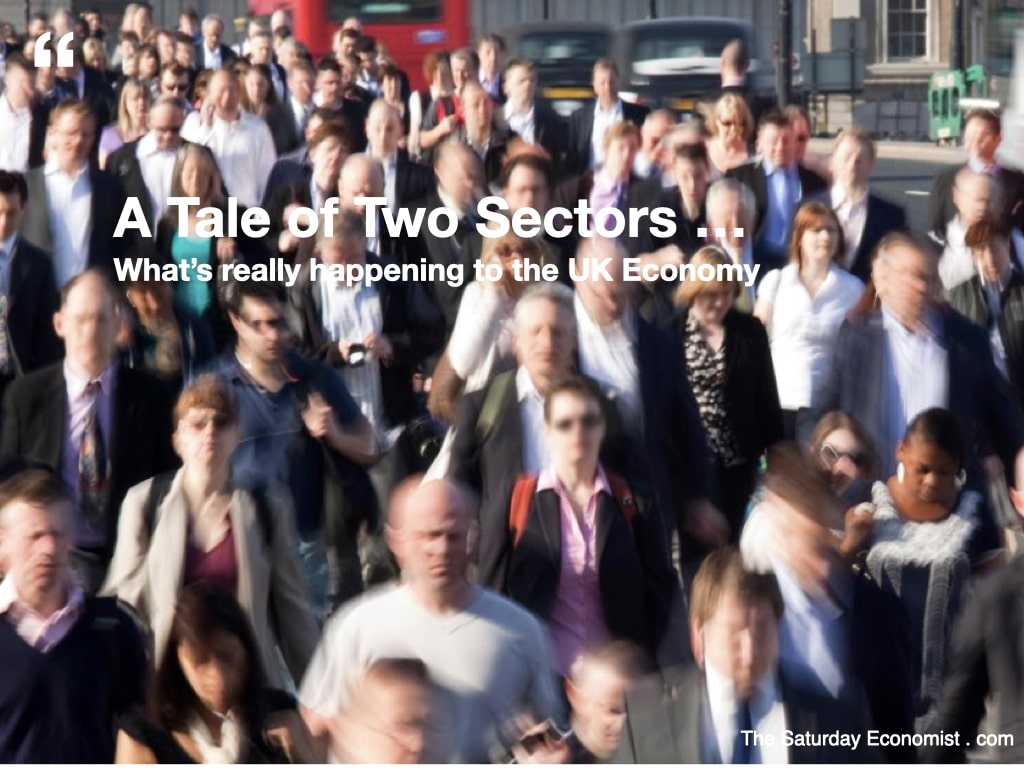|
Manufacturing
The UK’s manufacturing sector contracted for the 11th month in a row in June as factories faced lack lustre demand at home and abroad. The S&P Global-CIPS UK manufacturing purchasing managers’ index (PMI) fell to 46.5, from 47.1 in May. A figure below 50 indicates contraction. Although the reading was revised up from a preliminary “flash” reading of 46.2, it was lowest this year and one of the weakest since the 2008-09 financial crisis. Weaker demand from the United States, mainland China, Europe and Brazil hit new export orders, while foreign demand has now deteriorated for 17 months in a row. This, along with market uncertainty, increased competition and higher costs, has made businesses more cautious. Rob Dobson, a director at S&P Global Market Intelligence, said: “Manufacturers remain in defence mode, looking to cut back spending on purchasing and employment wherever possible and release capital tied up in stocks.” Services Britain’s services sector grew at the slowest pace in three months in June but remained resilient as rising interest rates and economic uncertainty weighed on demand, a closely watched survey showed. The S&P Global/CIPS UK services purchasing managers’ index (PMI) eased to 53.7 last month, down from 55.2 in May, well above the 50 level that indicates growth. Companies continued to hire as more people looked for work, with staffing levels rising at the fastest pace since last September. However, this increased costs for businesses as higher salary payments offset falling energy and transport costs. The survey said business and consumer spending was resilient, despite inflationary pressures. However, higher interest rates were having a particular impact on services related to construction and real estate. Markets expect interest rates to rise above 6 per cent this year. Construction The slump in housebuilding accelerated last month as higher mortgage rates and the cost of living squeeze weakened demand and dragged the construction sector into contraction. Activity in residential building reduced at the fastest pace since the first Covid lockdown in June three years ago, the construction purchasing managers’ index from S&P Global and the Chartered Institute of Procurement & Supply (CIPS) showed. Excluding the lockdown fall, housebuilding activity fell at its fastest pace in 14 years. The downturn resulted in activity in the construction sector shrinking for the first time in five months. UK construction PMI dropped to 48.9 last month from 51.6 in May and housebuilding activity dropped to 39.6 from 42.7 in May. A figure below 50 indicates contraction. The housing market has been slowing since last autumn after Bank of England interest rates increases to contain inflation. Dr John Glen, chief economist at the CIPS, said: “The sudden reduction in construction sector hiring is one of the red flags facing the UK economy at the moment.” Matthew Pointon, senior property economist at Capital Economics, said he expected gilt yields and interest rates to be higher for longer. “Not only is that likely to lead to further falls in commercial capital values, but it will also lead to a mild recession later this year,” he said. References : Martin Strydom at the Times https://www.thetimes.co.uk/article/factories-feel-pain-of-weak-demand-and-high-inflation-ffnqdjh35 https://www.thetimes.co.uk/article/uk-services-sector-grows-at-slowest-pace-in-three-months-8833tnk0f https://www.thetimes.co.uk/article/housebuilding-slump-drags-construction-industry-into-contraction-xc6vmnm8r PMI by S&P Global https://www.pmi.spglobal.com/Public/Release/PressReleases?language=en
0 Comments
Leave a Reply. |
The Saturday EconomistAuthorJohn Ashcroft publishes the Saturday Economist. Join the mailing list for updates on the UK and World Economy. Archives
July 2024
Categories
All
|
| The Saturday Economist |
The material is based upon information which we consider to be reliable but we do not represent that it is accurate or complete and it should not be relied upon as such. We accept no liability for errors, or omissions of opinion or fact. In particular, no reliance should be placed on the comments on trends in financial markets. The presentation should not be construed as the giving of investment advice.
|
The Saturday Economist, weekly updates on the UK economy.
Sign Up Now! Stay Up To Date! | Privacy Policy | Terms and Conditions | |

 RSS Feed
RSS Feed